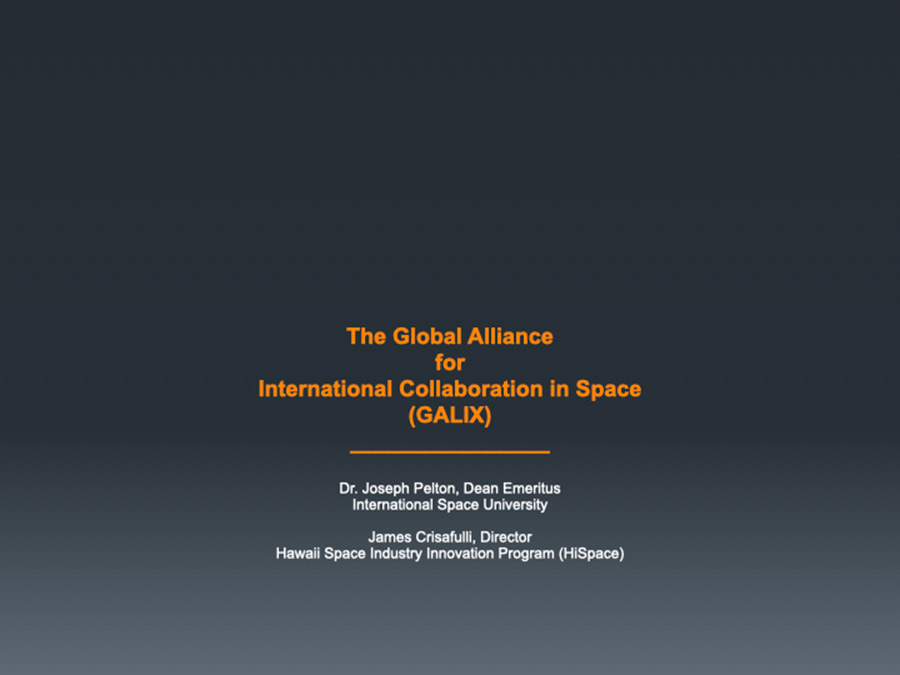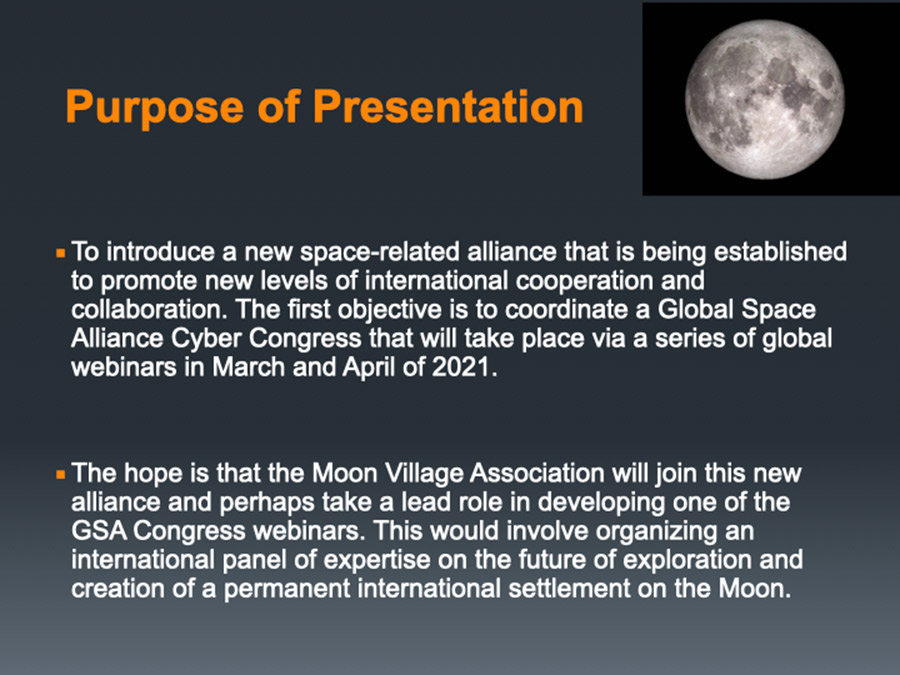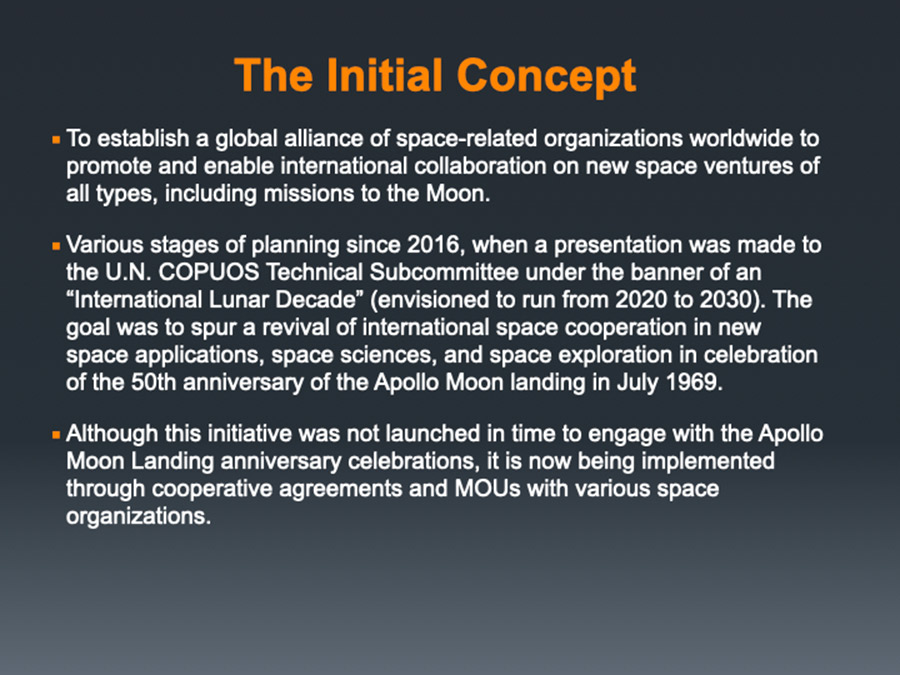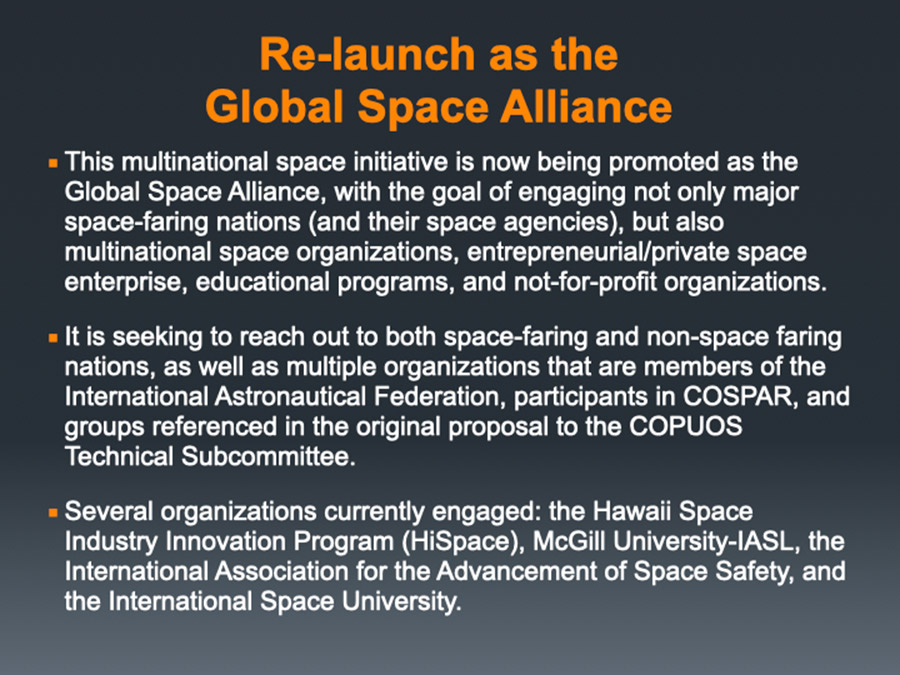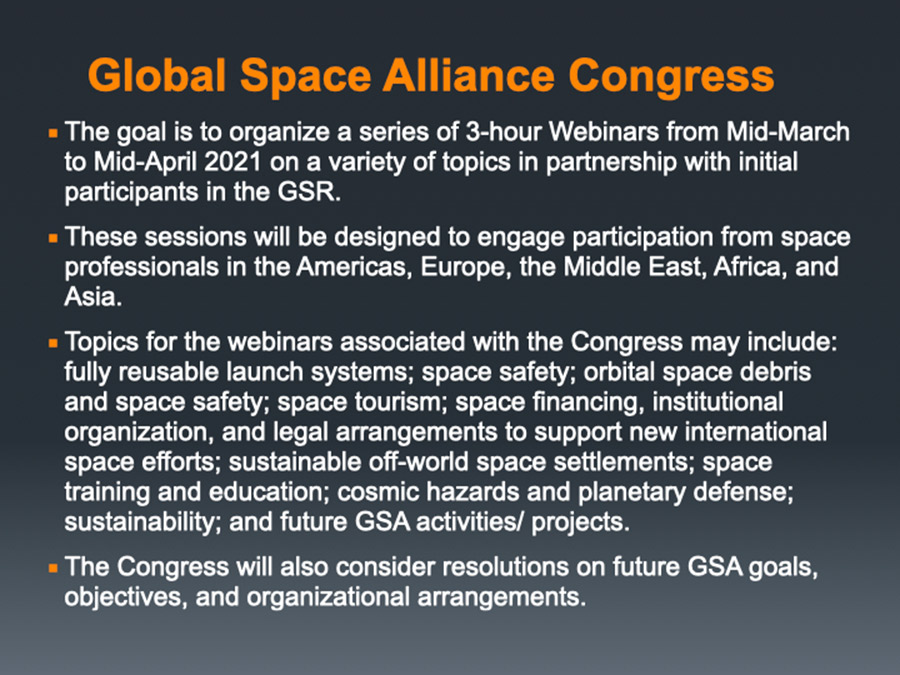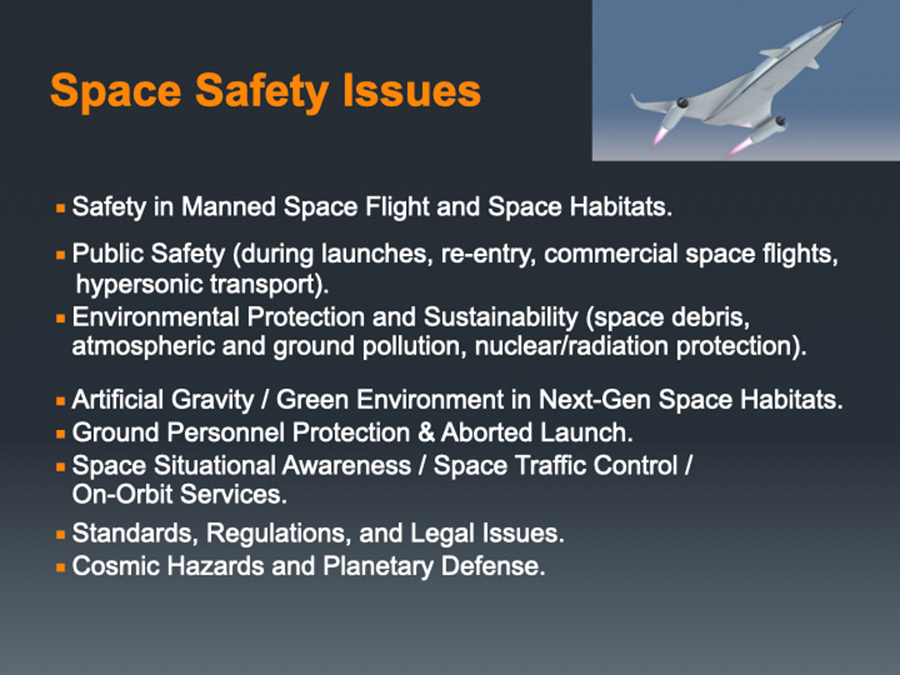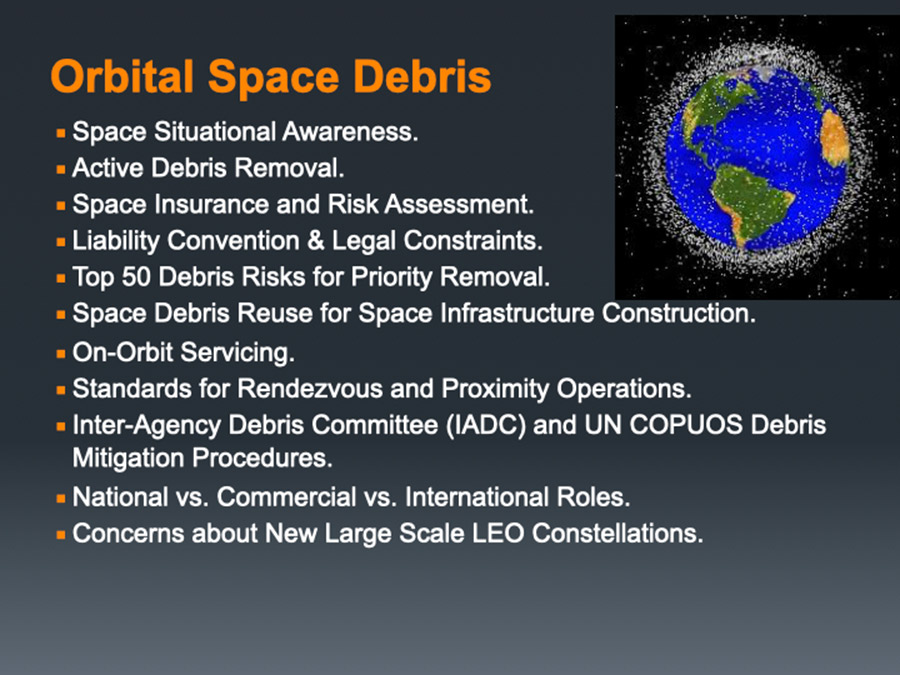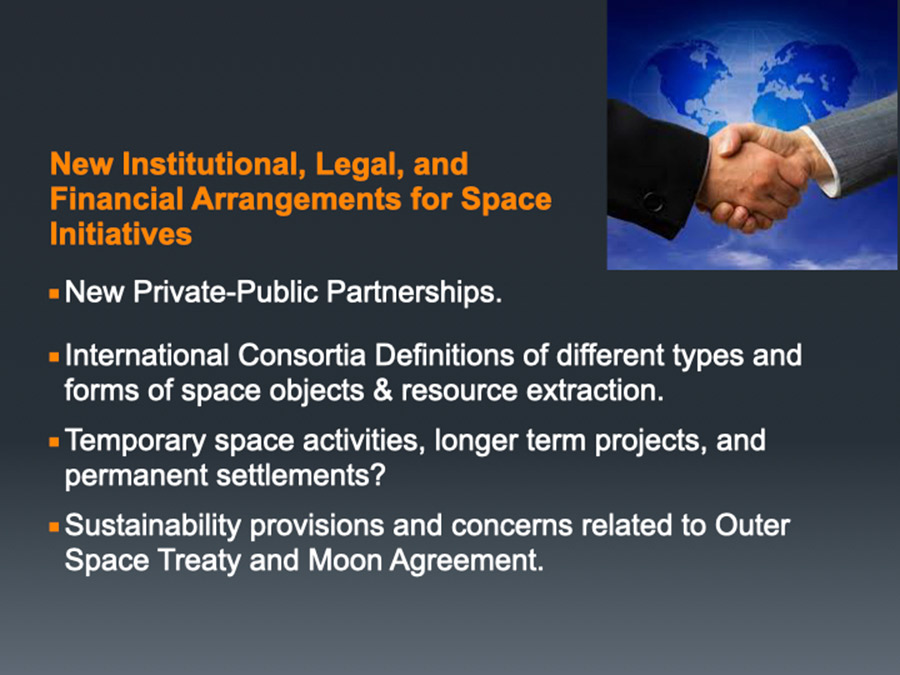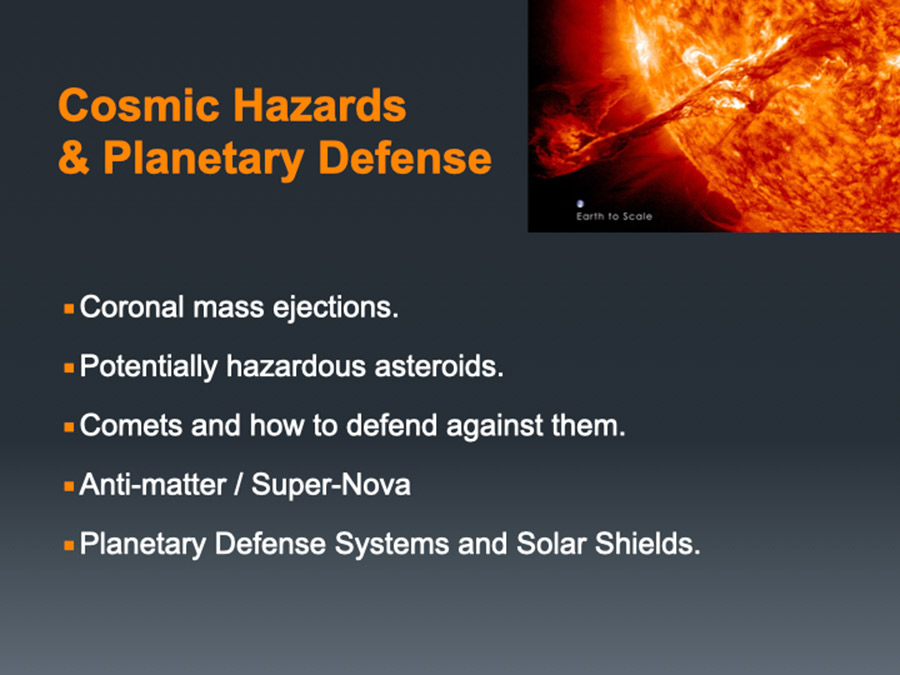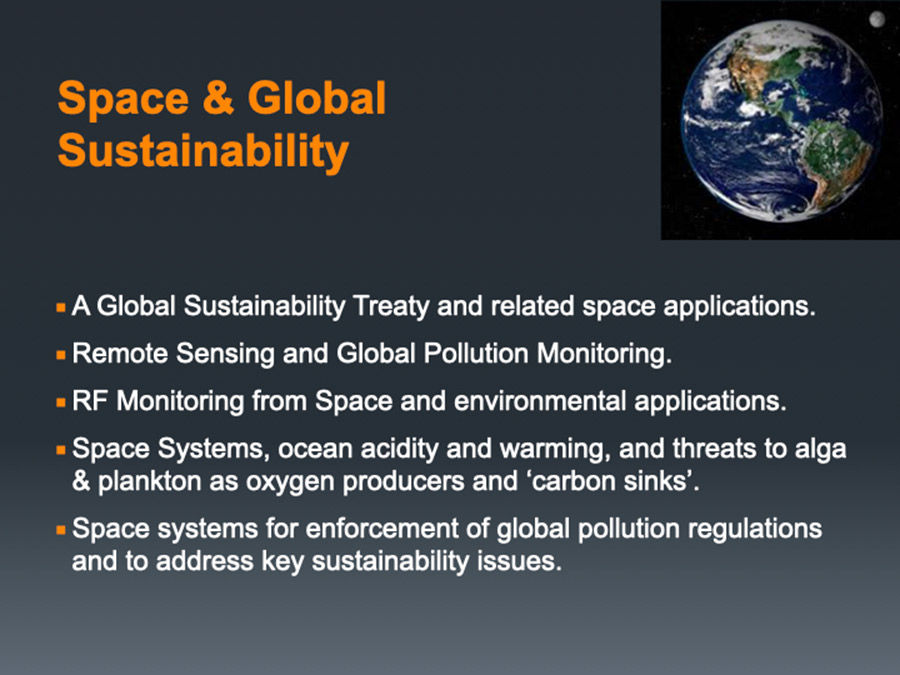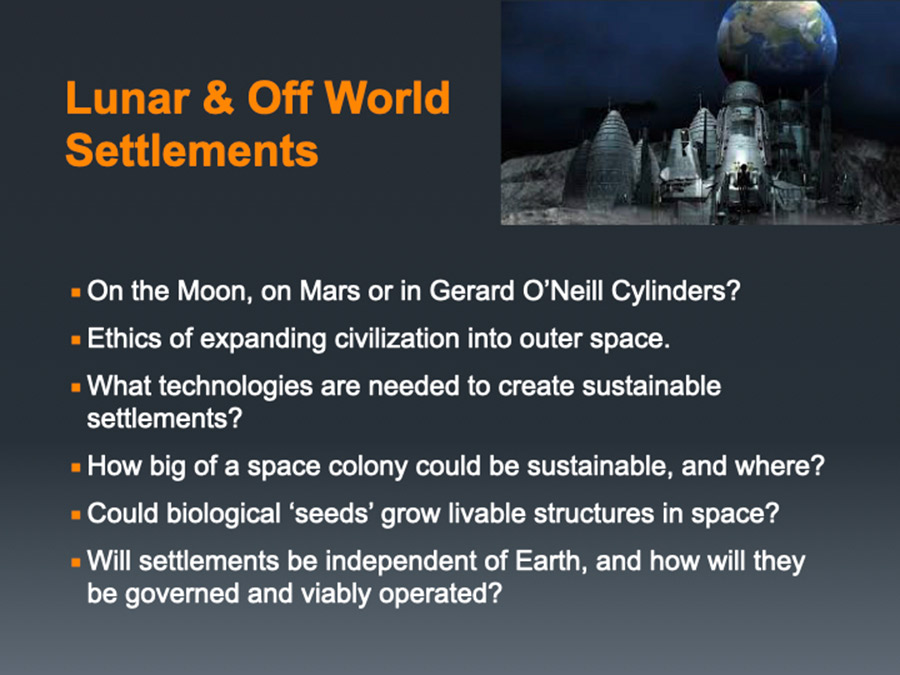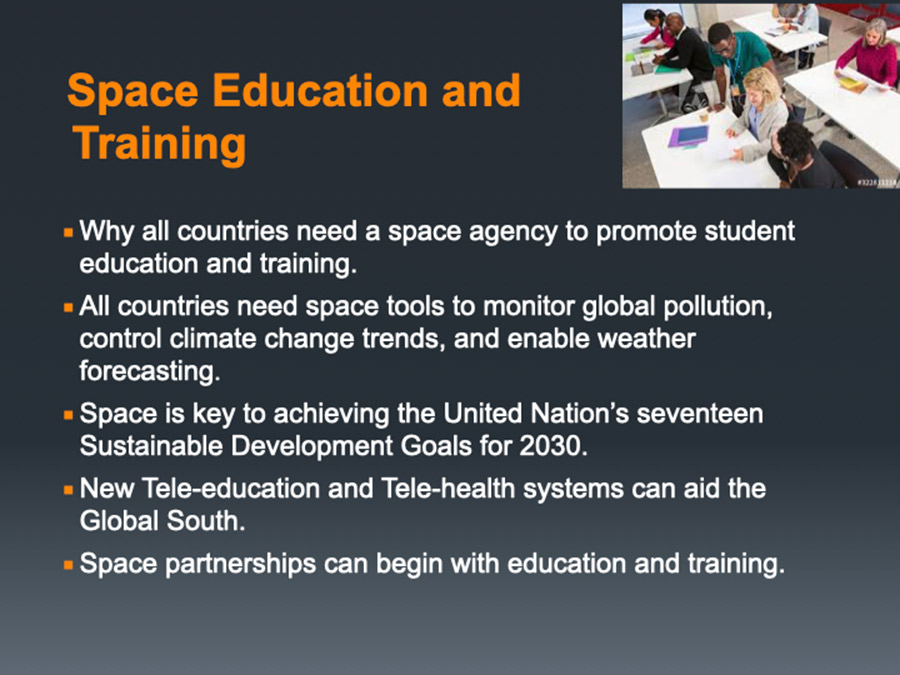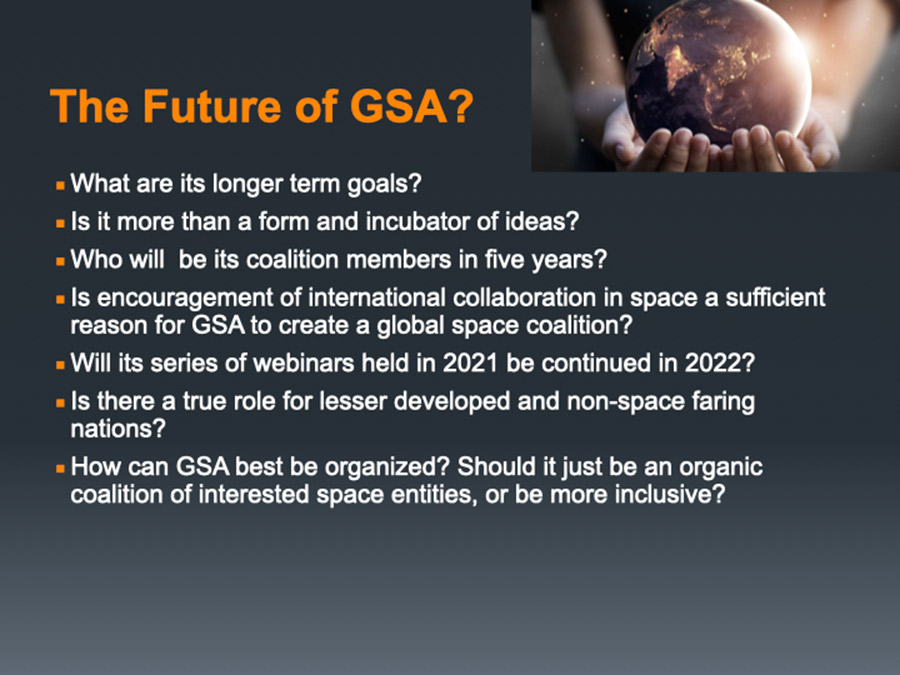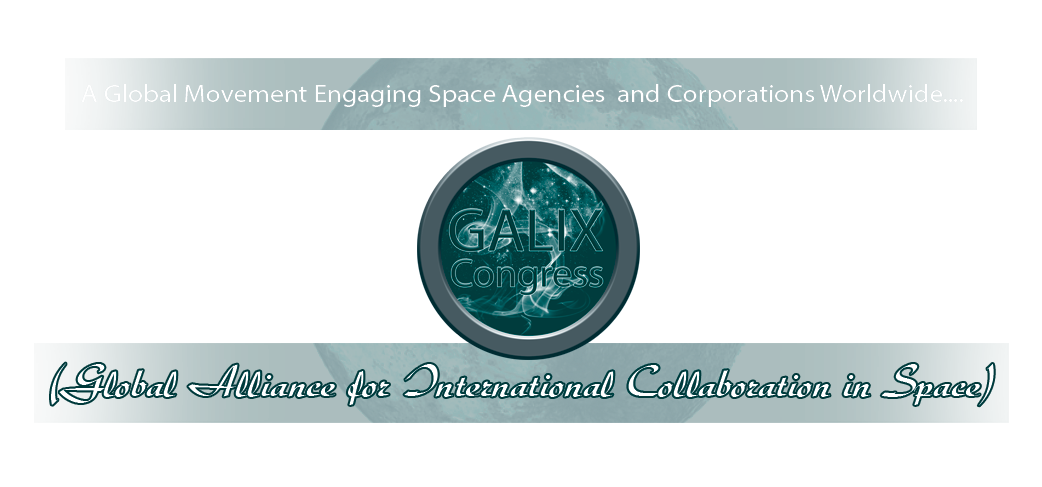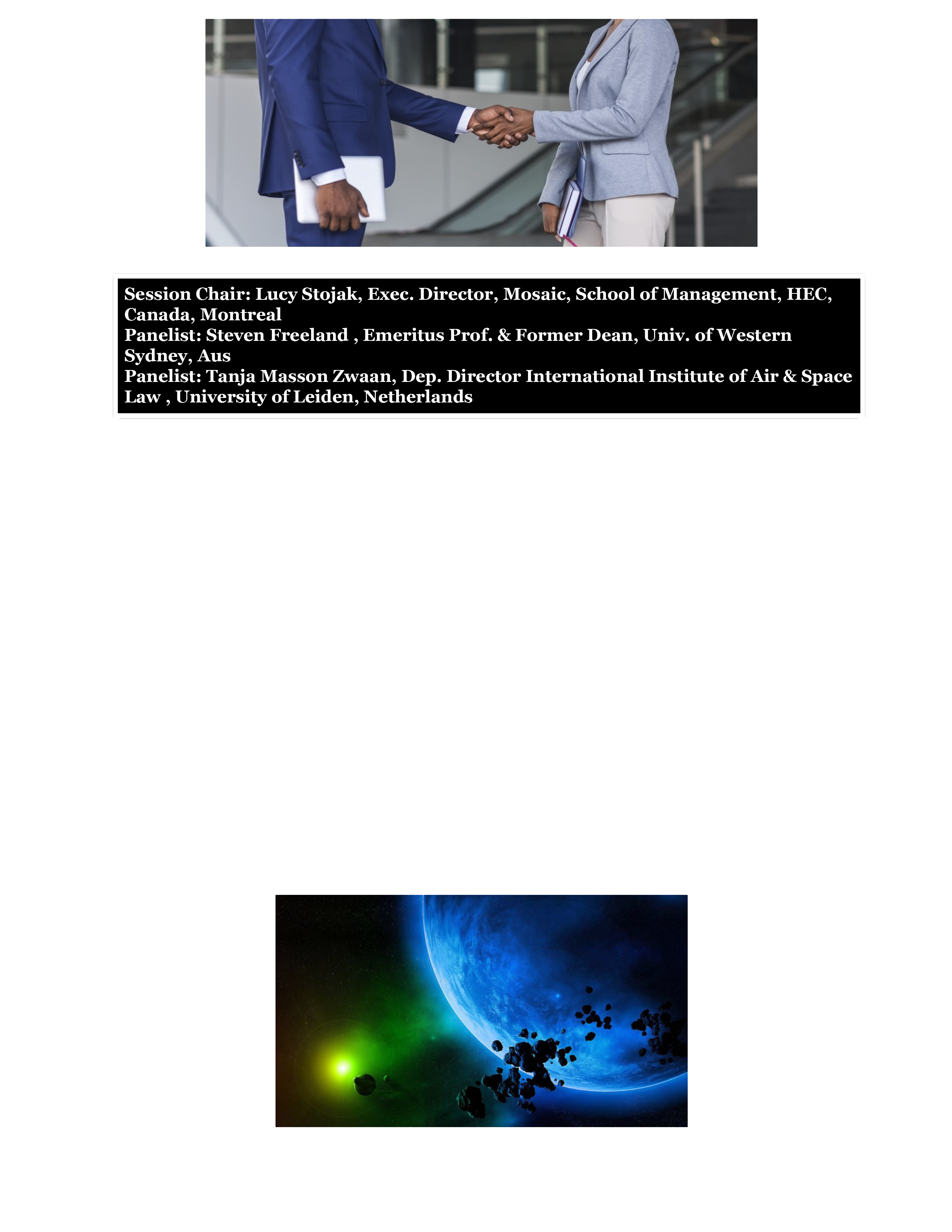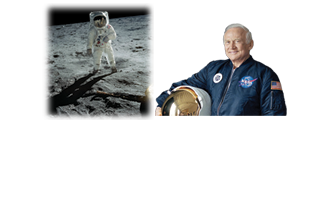GALIX TIMELINE
2017: Governor Ariyoshi Foundation officially opens as a federally approved 501(c)(3) nonprofit foundation.
2018: GAF develops its 10 Point Mission & Goals.
2019: GAF starts to develop its 3 main programs to focus on 1.) International Relations 2.) GALT Leadership Training Program and 3.) HiSPACE.
2020: GAF forms its space program called HiSPACE.
Feb 2020: HiSPACE submits a House Concurrent Resolution.
Mar 2021: GALIX submits a House Concurrent Resolution.
2021: GAF creates a new program - GALIX - to put on a World Virtual Conference.
Mar 18th, 2021 - Mar 19th, 2021: GALIX holds "GALIX Inaugural Congress 2021".
Nov 2021: GALIX is planning to submit a Resolution to the U.N. COPUOS.
 GALIX
GALIX
(GLOBAL ALLIANCE FOR INTERNATIONAL COLLABORATION IN SPACE)
A MULTINATIONAL COALITION TO ADVANCE AND DIVERSIFY SPACE
INNOVATION AND COLLABORATION FOR ALL HUMANKIND
Dr. Joseph N. Pelton, Chairman of the Board
GALIX (Global Alliance for International Collaboration in Space)
Jim Crisafulli, Executive Director
GALIX (Global Alliance for International Collaboration in Space)
The Space Age was born with the launch of Sputnik in October 1957, and the world is now dependent on broad range of space applications. These include the monitoring of Earth and space weather, as well as climate change; precise time and navigation services; diverse telecommunications and broadcasting services; remote sensing and Earth observation; law enforcement and defense-related services; and a host of scientific activities. Innovative space initiatives have explored Earth’s Moon, other planets in our solar system and their moons, our Sun, and both asteroids and comets.
The current range of space activities represents over three hundred billion dollars (U.S.) per year in economic activity. So-called “New Space” activities led by entrepreneurial aerospace firms have now accelerated the rate of expansion of the space economy and spurred rapid innovation, to the point where many analysts now believe the so-called “Space Economy” will grow to trillions of dollars over the coming years.
Many space professionals now envision that space activities are destined to significantly multiply and diversify over the next few decades. These include space tourism flights by adventurous citizens, professional crews visiting Mars and beyond, and even robotic probes to other stars. Other innovative space initiatives may include the creation of permanent space settlements, the development of mega-structures in space to defend both Earth and Mars against violent solar storms and radiation, and new space systems to counter asteroid and comet strikes. Other pioneers are also championing innovative space activities to address critical environmental issues, including clearing Earth’s orbit of dangerous space debris and the creation of innovative space systems to cope with climate change and global pollution.
The future will present many challenges for humankind that the GALIX (Global Alliance for International Collaboration in Space) hopes to address (in partnership with space professionals worldwide) by both enabling more effective exchange of information among key space professionals and expanding international collaborative ventures. These key space challenges include:
Promoting peaceful, cooperative, and multilateral regulatory agreement on the uses of outer space.
Preventing national conflicts in the space domain.
Education and training of future generations required for development in outer space.
Increased global participation, collaboration, and capacity-building to encourge all nations to engage in this most promising future.
Creation of new space systems and technologies to help sustain life on Earth, as well as to advance a broad range of space services.
Innovative economic, legal, and regulatory protocols, safety standards, and cooperative alliances that can advance space development over the coming years.
GALIX is being established to enable all countries of the world — both developed and developing — to more effectively pursue and realize the benefits of space. This will involve establishing new institutional, financial, and regulatory practices to help advance collaboration in the development of new space technologies and systems that can benefit all of humankind.
GALIX will promote the discovery of new space applications, sciences, and exploration, including new ways to use space that can make Earth more sustainable. It is seeking to work with all like-minded space institutions — space agencies, space research organizations, universities and training centers, aerospace companies, international alliances and professional organizations, and even student-based associations — to promote the sharing of space-related information, technology and systems. This will include promoting worldwide development and distribution of space technologies, systems, standards, best safety practices, and educational and training materials on a cooperative basis.
In partnership with the International Association for the Advancement of Space Safety (IAASS) and McGill University’s Institute of Air and Space Law (IASL), GALIX will host a virtual International Congress (in the Spring of 2021) through a series of webinars (engaging expertise drawn from its Alliance members) to initiate collaborative activities promoting the development of new space technologies and systems. The goal is to expand the GALIX consortium over time to involve space-related organizations and institutions from around the world, and to continue to promote GALIX goals and objectives through future webinars, research studies, seminars, training sessions, capacity-building programs, publications, and related YouTube presentations with affiliate GALIX members.
Signed, November 2020.
Joseph N. Pelton, Ph.D.
Chairman, GALIX Board of Directors
Fellow, Intl. Assn. for the Adv. of Space Safety
Dean Emeritus, International Space University
Signed, November 2020.
Jim Crisafulli
Executive Director, GALIX
Co-Director, HiSPACE (Hawaii Space Industry Innovation Program)
Affiliated Organizations
Next Steps to Advance the GALIX
Several of the institutions and organizations currently being contacted to engage with and help advance GALIX include:
National Aeronautics and Space Administration (NASA)
European Space Agency (ESA)
Japan Aerospace Exploration Agency (JAXA)
Committee on Space Research (COSPAR)
International Science Council (ISU)
National Space Society (NSS)
Space Renaissance International (SRI)
International Lunar Exploration Working Group (ILEWG)
International Space Exploration Coordination Group (ISECG)
Lunar Exploration Analysis Group (LEAG)
International Association for the Advancement of Space Safety (IAASS)
European Space Policy Institute (ESPI)
Space and Satellite Professionals International (SSPI)
International MoonBase Alliance (IMA)
Moon Village Association (MVA)
International Space University (ISU)
McGill University
U.N. Office of Outer Space Affairs
Other institutions involved in space-related studies
MOON VILLAGE ASSOCIATION
CYBER CONFERENCE
Status of the Global Space Alliance Coalition
and Plans for the Future
Joseph N. Pelton, Dean Emeritus - International Space University
Jim Crisafulli, Director - HiSPACE (Hawaii Space Industry Innovation Program)
The purpose of this paper is to announce the formation of the GALIX (Global Alliance for International Collaboration in Space) and to invite the Moon Village Association (MVA) to consider joining in this coalition’s activities. In particular, MVA’s role might be to assist in organizing and/or participating in one of the global webinars being planned for a GALIX Cyber Congress event in 2021 that will focus on Lunar and Space Exploration and Settlements (as outlined in our PowerPoint presentation).
The idea of establishing a global alliance or coalition of space-related organizations worldwide that could both promote and enable international collaboration on new space ventures of all types has been at various stages of planning since 2016. At that time, a presentation was made to the U.N. COPUOS Technical Subcommittee under the banner of an “International Lunar Decade”, envisioned to run from 2020 to 2030. This initiative was intended to spur a revival of space applications, science, and exploration in celebration of the 50th anniversary of the Apollo Moon landing in July 1969.
David Dunlop, who was representing the National Space Society’s International Committee, made a presentation on the many new and diversified space activities and developments that might be possible (at that time) within a decade. His presentation suggested that space enterprise, advanced through such organizations as COSPAR, the International Council for Science, the International Space Exploration Coordinating Group, the G7 and G20 countries, and various space agencies, might be developed and coordinated under an International Lunar Decade (ILD) coalition of countries and space-related organizations. This was envisioned to be similar to the International Geophysical Year (IGY) activities of the mid-1950s, promoting public-private partnerships and multinational alliances that could advance and diversify innovative space activities.
For a variety of reasons, this particular proposal was not globally-organized and fully funded in time to launch this initiative as part of the 2020-2030 decadal celebration. Nevertheless, many of the innovative ideas and aspirations that inspired the ILD concept are incorporated into the GALIX vision, through which many innovative and inspiring space ventures could be organized and implemented (under a new spirit of international cooperation) through collaborative projects. It is anticipated that many of these initiatives could be carried out in the relative near-term, although some might require much more time to achieve.
This global space initiative, now referred to as the Global Space Alliance (GALIX), would engage not only major-space faring nations (and their space agencies), but also multinational space organizations, entrepreneurial/private space enterprise, not-for-profit organizations, and developing countries with an interest in space applications and training. It would thus promote space-education and training activities among its goals, and actively reach out to both space-faring and non-space faring nations. It also would seek to engage the multiple organizations that are members of the International Astronomical Federation, participants in COSPAR, and groups referenced in the original proposal to the COPUOS Technical Subcommittee.
A group that includes representatives from the HiSPACE Advisory Team in Hawaii and several additional organizations including the International Association for the Advancement of Space Safety (IAASS), the McGill University Air and Space Law Institute, the International Space University (ISU), and other space-related institutions, are being recruited to join this coalition, and are now beginning to collaborate on creating an operational framework within which projects could be coordinated and further enhanced through new international partnerships.
Multiple crises are now facing our small and fragile planet that have emerged from our growth in a closed eco-system. Sustainability of a global civilization of eight billion citizens is being challenged as never before, and now is the time to explore the opportunities that space enterprise can offer - both to preserve the habitability of Planet Earth and to enable new opportunities for human exploration and development that lie beyond.
It is anticipated the GALIX (and new cooperative relationships that might be formed under this initiative) could help achieve these goals – including enhanced global collaboration in space activities that could enable substantial progress in many areas, such as global sustainability, civilian and public-private space development, lunar and deep space exploration and settlements, planetary defense against cosmic hazards, removal and/or recovery/reuse of orbital space debris, cooperative space training programs, and much more.
This is clearly a multidisciplinary challenge, involving science, technology, economics, legal regulations, philosophy and ethics, and education. It will require broad alliances among public and private entities, as well as the expansion and diversification of international partnerships, and will offer substantial opportunities for enhanced cost savings, new scientific knowledge and advanced engineering capabilities, and collaboration in such areas as global sustainability and planetary defense against cosmic hazards.
It is also anticipated that many other organizations, including the Moon Village Association (MVA), will decide to join this initiative in coming months, and that they will consider playing an active role in one or more of the global webinars envisioned for March and April 2021. The McGill University Institute of Air and Space Law and the International Association for the Advancement of Space Safety (IAASS) have already organized several successful webinar events, with hundreds of international participants from around the world. Our proposed Cyber Congress would provide an expansion of these internet-based activities.
In order to launch this movement, a Global Space Alliance Congress is being planned for mid-March to mid-April of 2021. This Congress would be conducted through webinars staged in 3-hour daily segments, and would be designed (and variously timed) to engage representatives from the Americas, Asia, Europe, Africa and the Middle East. Discussion topics for the GALIX Congress will likely include: (1) space safety; (2) fully-reusable space launch and enhanced transportation systems; (3) new initiatives to address orbital space debris challenges; (4) space financing, institutional organization, and legal arrangements to support new international space efforts; (5) innovative technical R&D goals to support new space applications and global sustainability; (6) lunar and space exploration and settlements; (7) space training and education; (8) space weather, cosmic hazards, and planetary defense; and (9) organizational arrangements for the ongoing GALIX initiative.
Participation in the GALIX will be open to all space-related organizations that agree to support this initiative by signing an MOU (outlining the goals of this program) with the GALIX. A companion power-point presentation to this document (providing examples of some of the topics that might be presented at the global webinars in 2021) will be posted on various web sites, along with information on how to register for the GALIX webinars in coming weeks.

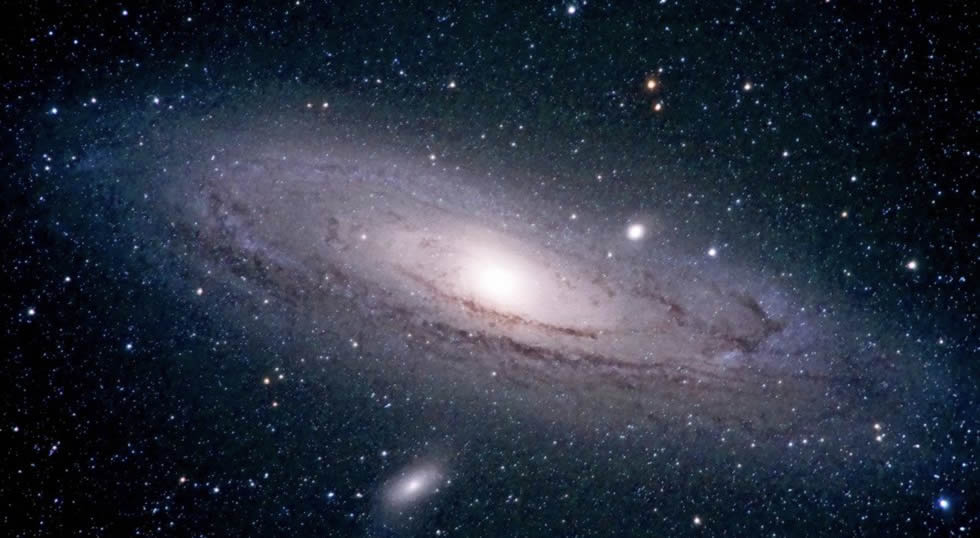

GALIX
(GLOBAL ALLIANCE
FOR
INTERNATIONAL COLLABORATION IN SPACE)
An International Coalition to Advance and Diversify
Space Innovation and Development
For All Humankind
KEY AREAS OF INTEREST FOR THE GALIX AND ITS AFFILIATES
INNOVATIONS PROMOTING SPACE COLLABORATION THROUGH PUBLIC-PRIVATE
PARTNERSHIPS AND MULTINATIONAL ALLIANCES.
BREAKTHROUGH INITIATIVES IN SPACE SCIENCES, APPLICATIONS, AND
EXPLORATION.
SPACE SAFETY, INCLUDING ORBITAL SPACE DEBRIS AND SPACE TRAFFIC
MANAGEMENT.
INNOVATIONS TO ENHANCE SPACE FINANCE, REGULATIONS, LAW, AND INSTITUTIONS.
NEW SPACE TRANSPORTATION, ENERGY, ROBOTICS, IT AND COMMUNICATIONS
SYSTEMS.
COSMIC HAZARDS AND NEW APPROACHES TO PLANETARY DEFENSE.
NEW SPACE STRATEGIES TO ENABLE GLOBAL SUSTAINABILITY.
SPACE EDUCATION AND TRAINING PROGRAMS ESPECIALLY RELATED TO
CAPACITY-BUILDING EFFORTS IN DEVELOPING COUNTRIES AND EMERGING SPACE
PROGRAMS.
SPACE EXPLORATION, SPACE PROCESSING, AND KEY MILESTONES TO PROMOTE AND
ENABLE OFF-WORLD SETTLEMENTS.
The Earth is the cradle of humanity, but mankind cannot stay in the cradle forever.
Konstantin Tsiolkovsky
Humanity is now embarking on a new era of space enterprise. Public and private research institutions worldwide are pursuing innovative approaches to advance space science, exploration and development. Space-faring nations, building upon these innovations, are working to expand and diversify their cosmic ventures. Non space-faring nations will also benefit from the pioneering technologies emerging through this space revolution, which ultimately could provide pathways to engage all of humanity on the frontiers of space.
Recognizing this potential, a global team of visionary space professionals is now exploring diverse and creative ways to engage government agencies, universities, scientific institutions, commercial space ventures, and international organizations in strategies that can both promote and enhance worldwide collaboration in space enterprise. This will include (but not be limited to) new educational and capacity-building programs, innovative space initiatives enabled through public-private partnerships, and the creation of multinational alliances to enable and diversify a broad range of collaborative space ventures that will engage and benefit all of humankind. This initiative is known as the GALIX (Global Alliance for International Collaboration in Space ), and is being promoted and coordinated through the Hawaii Space Industry Innovation Program (HiSpace). Its basic premise is that international collaboration and support can help reduce the costs, enhance the benefits, and accelerate timetables for space exploration and development.
GALIX is seeking to both inspire and enable innovative approaches to space enterprise – promoting new models of finance and regulatory oversight, enhanced space safety and technical standards, and creative protocols for space missions. It will seek multiple opportunities to expand and diversify scientific and technology education and research, as well as to promote a vibrant “space economy” that could enrich and help sustain terrestrial civilizations. Space-based experiments will afford detailed insights into strategies that ultimately could enable sustainable off-world settlements. Enhanced scientific knowledge derived through space enterprise will also help improve the qualities of life on Earth, while simultaneously advancing missions (both robotic and human) to the Moon, cislunar space, and throughout our Solar System.
GALIX will help achieve these goals by fostering international collaboration among scientific, commercial, and educational programs worldwide. It will promote opportunities and creative protocols for cooperative space ventures – working to both expand and diversify international collaboration to advance space research and development, space education and training programs (to both inspire and enable the next generation of space scientists and entrepreneurs), and new space exploration opportunities for nations worldwide, as well as to engage space systems and technologies in ways that can help sustain life on Earth.
The operational priorities of GALIX and its affiliates include (but are not limited to):
Promoting scientific research and commercial development of innovative space manufacturing and material processing capabilities, with the goal of increasing the productivity and sustainability of space missions - enhancing both operational performance and safety.
Supporting innovations to help reduce the complexities and operational costs of space transportation, energy, robotics, information technology, and communications systems.
Development of new cooperative financing for space enterprise, including diverse partnerships that leverage both public and private investments to enable projects with long-term planning horizons.
Enhanced understanding of potential cosmic hazards to Earth, as well as the development of new strategies and technologies to both enable planetary defense and advance space research related to global sustainability.
Negotiation of internationally recognized policies to govern commercial activities beyond Earth orbit, including the viable and sustainable utilization of space resources.
Pursuit of new collaborative educational opportunities, capacity-building and training programs for innovative space initiatives.
Assistance with the start-up of commercial activities enabled through public–private partnerships, incubator programs, and international consortia.
Progress implementing GALIX will be measured by the extent and long-term sustainability of public-private partnerships and multinational alliances launched to enable this initiative, as well as the number and diversity of space research institutions and educational organizations engaged in this enterprise. Efforts will also be made to identify opportunities for creative business development to help accelerate human exploration throughout the Solar System, as well as enable the long-term viability of our species on Earth. Both near- and long-term GALIX goals and operational objectives will be developed by an international steering committee formed over the coming months, and will be designed to explore and promote new types of cooperative ventures and related financing, as well as innovative organizational models and international agreements.
GALIX is currently seeking to promote its multiple goals and objectives through webinars, memoranda of understanding with affiliate GALIX members, research studies, seminars, training sessions, publications, and related YouTube presentations. It will be reaching out in coming days to engage a broad range of institutions and programs with this alliance, including space agencies and councils, space associations and societies, international space organizations and relevant U.N. offices and agencies, universities and research institutes with space interests, space corporations, space-related foundations and organizations, and space media.
For further information on the Spring 2021 GALIX space congress/webinar to be held in partnership with the International Association for the Advancement of Space Safety (IAASS) and McGill University-Institute of Space Law, please contact crisafulli.jim@gmail.com.
